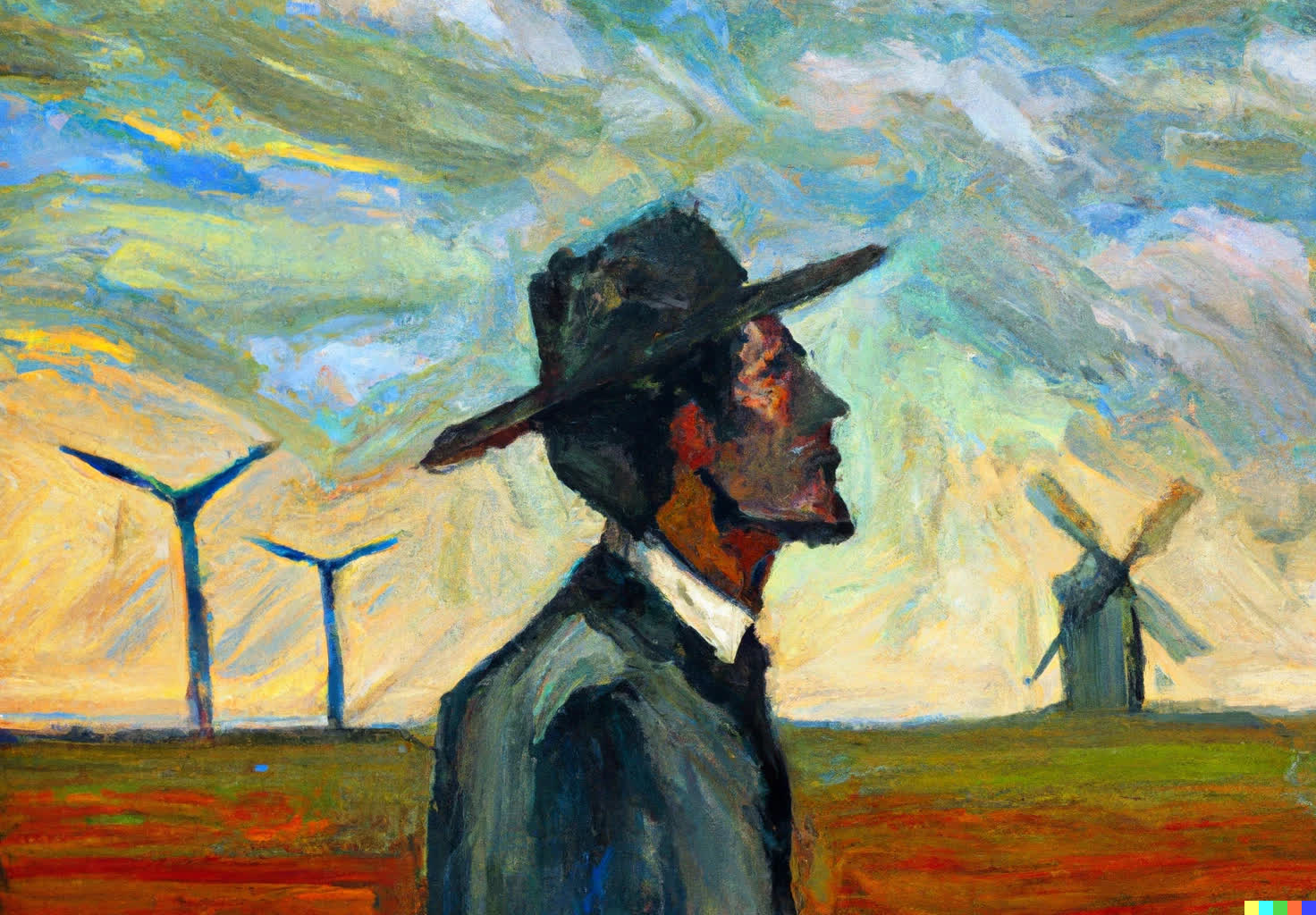The outcast's impossible dream
12/11 2022

What media depicting outcasts gets wrong, in this case specifically meaning people who don't adhere to what people expect, is that the endeavor is fruitless in the end. Media tends to depict their stories as a criminal trial, where all the individual has to do in order to change people's minds is to convince them of the truth (which is of course objective and outside the group), and as soon everybody sees that truth then everything changes. Oftentimes this is portrayed as an individual's struggle against one person (or very small group) which is conservative and unable to see the truth, while the mass majority would instantly convert to the new way of seeing things if they only saw the proof.
However, what conventions a society follows isn't dictated by the ideas themselves, or even the facts themselves. They are dictated, and followed, in virtue of the expectation that everybody else follows them. We conform, as Tomasello says, only so that we are able to coordinate successfully. The truth, as a concept outside of the definition of your particular group affiliation, of course, becomes secondary. This is inline with explanations of science akin to Feyerabend of putting it at a pedestal of importance only because we have agreed that it ought to be, not because it is intrinsically rational or truthful (i.e. only a matter of convention, again). If your ideas don't enable cooperation in the current group... The fate of the outcast unwilling to cooperate, in other words, is a tragic one. It is the fate of Kafka trapped in a small room hovering over a desk. It is the fate of millions of people trapped in an even smaller room without light and with little food, just because of the outrageous idea you had of being born.
This is what is so magical about Don Quixote. The point of his quest isn't that it is impossible (it is), but that the value in following that quest is the only value that can be gathered from it; meaninglessness. It gains its meaning in isolation. It remains, and ends at the boundary of Alonso Quijano. And there is a solemn sadness in that truth, in realizing that no matter what you will do people will continue to scoff at you, laugh at you --- or worse --- ignore you if you don't follow the convention set by the particular culture you are in. That is not to say that new ideas cannot flow, only that they are only allowed to propagate as long as they situate themselves somehow in the convention currently set. Of course as time passes and convention changes, you might have the luck of seeing that your ideas formed in the solace of your own very small part of the world are accepted. But does that matter five feet under the ground? To most people I imagine it doesn't, but to Don Quixote there isn't a doubt around: "To bear with unbearable sorrow, and to run where the brave dare not go".